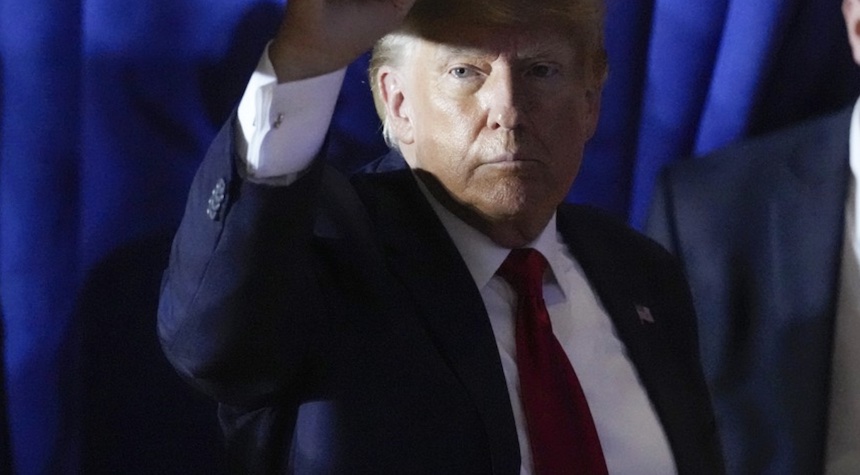On Tuesday, a federal jury found that former President Donald Trump was liable for defamation against writer E. Jean Carroll. However, the jury rejected her claim he raped her. He was ordered by a federal jury to pay damages of over $5 million.
The jury found Trump guilty of battery and awarded Carroll $20,000 in punitive damage. The jury awarded Carroll $2.7 million for defamation damages. They also added $280,000 in punitive damages.
The jury only deliberated for three hours before reaching its decision. This was announced shortly after 3 pm. ET on Tuesday. Carroll claimed that Trump had sexually abused her in the mid-1990s. She was seeking punitive and compensatory damages.
Carroll filed a civil lawsuit under the New York State law that was passed in 2022. This gave plaintiffs a year to file a suit alleging sexual assaults, which would have normally been prohibited by the statute. Six men and three women were on the jury that decided if Carroll’s allegations of defamation and battery had been proven.
During the trial, the jury was shown portions of Trump’s deposition, and witnesses testified Carroll confided to them shortly after the alleged rape. In separate incidents, two other women testified to Trump kissing and groping them without their consent. The jury decided whether Carroll had proven her claims through a preponderance or clear and convincing evidence. This is a lighter burden than that required in criminal cases.
The jury had to decide whether Trump had raped Carroll or sexually abused or touched her forcibly, and if she suffered any injuries as a result. In the defamation case, the jury determined whether Trump’s statements were defamatory and false and were made with malice. They then decided if monetary damages should be awarded.
The nine-person jury was given instructions by U.S. district judge Lewis A. Kaplan on the law before Carroll’s accusations of defamation and battery were discussed shortly before noon.
Kaplan instructed jurors to answer the first question of the verdict form by deciding whether there was more than a 50% chance that Trump had raped Carroll in a dressing room. They would decide if compensatory or punitive damages were appropriate based on their answer.
They could decide, if they answered no to the rape issue if Trump had subjected her to sexual contact or forced touching without her consent to degrade or satisfy his sexual desires. They will determine if damages should be awarded based on their answers to either question.
Kaplan stated that jurors should be guided by the higher standard of clear and convincing evidence when deciding whether to accept defamation allegations arising from a social media statement Trump made last October.
He said that they would all have to agree that it is “highly likely” Trump’s claim was false, and made with malicious intent with the intention to harm or out of hatred or malice with a reckless disregard for Carroll’s rights.
Trump was not present at the trial as civil defendants are not required by law to testify or attend. Carroll’s lawyers viewed Trump’s absence from the trial as an indication of guilt, whereas Trump’s lawyer argued that Trump had already denied his allegations in a video played at the trial.
Trump posted a message on Truth Social.
I have absolutely no idea who this woman is. This verdict is a disgrace – a continuation of the greatest witch hunt in history!
Trump’s legal team questioned the credibility of witnesses and accused Carroll, who made up her allegations of rape, of fabrication. Expert witnesses spoke about the impact that Trump’s denials had on Carroll’s image. They estimated that millions were probably influenced by Trump. The analysis, however, did not take into account any damage caused to Trump by Carroll’s statements against him.
In an email, Trump’s lawyers told NPR that Trump plans to appeal.


